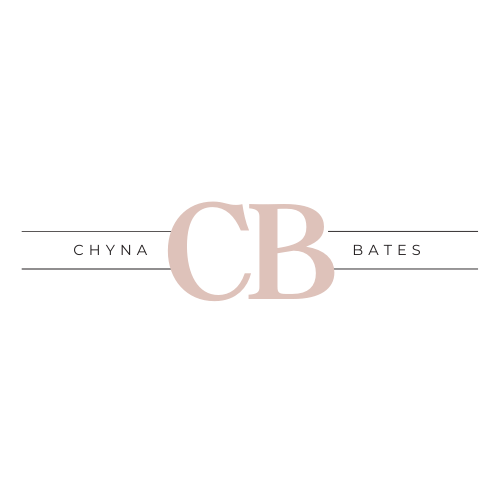Frequently Asked Questions
Q: WHAT IS COACHING?
Coaching is an iterative, targeted, interactive process designed to facilitate concrete changes in performance—and bottom-line results. At HLC, we help clients achieve their goals through powerful conversations that are intended to inspire new thinking, perceptions and behavior that actualize your potential, improve your performance, create focus and directional clarity, support the achievement of your personal and professional goals, and enhance the quality of your life.
Q: WHAT IS THE OBJECTIVE OF A COACHING ENGAGEMENT?
The objective is to focus on your potential (your unrealized ability, capacity or possibility) by leveraging your strengths, uncovering what’s in your way, and targeting the areas you are most interested in addressing to help you reach your goals more effectively.
Q: CAN I CHANGE THROUGH COACHING?
Yes, you can. We’ve seen many clients change in powerful ways. And they’ve likely had ambitions, goals, concerns and challenges that are similar to yours. Coaching can be the catalyst to profoundly shift the trajectory of your life, enabling you to change the quality of your life and the direction of your career in ways you never dreamed of.
Q: WHAT ABOUT CONFIDENTIALITY?
What happens in our sessions stays in our sessions.
We fully understand the value of your trust, and we take every precaution to safeguard it. We will provide you with a detailed description of the ethical code that governs every client-coach relationship we enter. This document not only places our standards before you in plain text, but also codifies our commitment to you, the client, and your progress.
Q: HOW OFTEN WOULD I MEET WITH MY COACH?
We meet with clients once a week. Through many years of experience and testing of different time frames, we’ve found that this frequency yields the greatest returns in terms of change. Meeting once a week offers time for reflection and application of learning between sessions, while maintaining the momentum of our work together.
Q: WHERE WOULD I MEET WITH MY COACH?
In order to make coaching as convenient as possible for you, we offer online coaching sessions. Coaching services can be conducted on-site for corporate engagements, or over the phone for remote clients and busy executives.
Q: HOW LONG DOES THE COACHING PROCESS TAKE?
The time frame can vary greatly and depends on a wide range of factors: your goal(s), your commitment and openness to change, your capacity for introspection, your circumstances, how quickly and thoughtfully you complete homework assignments, and other unique factors.
We have individuals who come in for a very brief engagement (e.g., one mock interview coaching session). We have others who come in focused on one goal, achieve that goal, and begin work on another goal and then another. Those individuals who partner with us in multiple capacities and for multiple goals work with us for a year or more.
Q: WHAT IF I WANT TO END MY COACHING ENGAGEMENT?
You may choose to terminate work at any time, although it is helpful for your coach to have a week’s notice in order to prepare a final session that focuses on review and closure. Ultimately, that decision is up to you.
Q: HOW IS COACHING DIFFERENT FROM PSYCHOTHERAPY?
The differences between coaching and psychotherapy are:
Coaches focus on the future. Therapists focus on the past.
Coaches center their work around the belief that clients are healthy. Therapists utilize a framework that is based on pathology and illness.
Coaches work with the conscious mind. Therapists work with the unconscious mind.
Coaches’ work is often time-limited with specific desired behavioral outcomes. Therapists’ work is open-ended with “understanding” as the primary objective.
Coaches work in person, as well as over the phone. Therapists usually work in person only.
There are similarities between coaching and psychotherapy as well. They are:
Both are concerned with making concrete changes in your emotional state and life.
Both work to understand the self-limiting beliefs or behavior caused by thoughts and emotions that you may or may not be aware of.
Both practices help you grow, change and master your emotions.
Q: WHAT IS CHYNA’S APPROACH TO COACHING?
Before we talk about our approach to coaching, we would like to talk about how our coaches approach you, the client. We believe that you are the expert in your life. We believe that you are whole, not broken. We believe that you are resourceful and capable of far more than you imagine. We believe in your capacity to change.
Our approach to coaching is an emergent, iterative, holistic process designed to elicit powerful conversations. These conversations are intended to inspire new thinking, perceptions and behavior to improve performance, create directional clarity, achieve personal and professional goals, and enhance the quality of your life.
Q: WHAT IS THE COACHING PROCESS LIKE?
We start each coaching engagement with a comprehensive interview and, occasionally, a perceptual lens assessment. This allows us to develop a deep understanding of you, your life stories, and your underlying operating system in a short period of time. Armed with this knowledge, we then begin to help you think about your situation and your life in new ways.
We ask powerful questions, we assign individualized homework, we utilize proprietary exercises and processes, and we often evaluate individualized metrics to help you tap into your unique potential. Our process is invigorating; you will begin to find clarity, change your mood states and take powerful new actions in multiple areas of your life.
